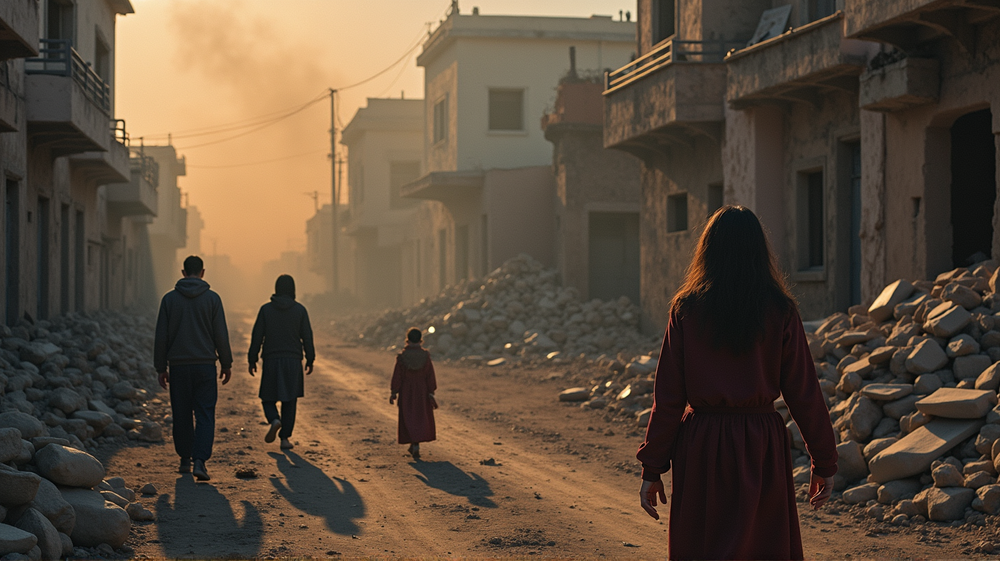The two-year conflict between Israel and Hamas has left indelible scars on its people, reshaping lives, beliefs, and hopes. This article explores the multifaceted costs borne by Israelis in what has become Israel’s longest war.
Hostage Families: Their Struggles and Hopes
Outside Prime Minister Netanyahu’s home, lives intertwine with anguish as families plead for the return of their loved ones held hostage in Gaza. Ofir Braslavsky’s calls echo the raw emotion of a father fearing for his son’s life—a microcosm of a nation’s turmoil.
Erosion of Trust and National Unity
For survivors like Mor Goddard, personal losses have fueled disillusionment. “I lost my trust in the country,” she admits, underscoring a growing sentiment among Israelis weary of unending conflict.
The Widening Mental Health Crisis
Psychologist Oren Tene highlights a community grappling with increased anxiety, where anti-anxiety medication has become prevalent. Soldiers return from war zones bearing heavy emotional burdens, leading to a nationwide mental health crisis.
Revival of Empathy: A Slow and Painful Process
In a divided society, some Israelis work tirelessly to rebuild empathy. Assaf David, through social media, bridges the gap by sharing Palestinian narratives, hoping to rekindle understanding and compassion across battle lines.
Global Perceptions: A Nation Under Scrutiny
The international backlash against Israel’s military actions adds another layer of complexity. From protests to accusations of war crimes, Israel’s global perception influences internal dialogues about the war’s far-reaching impact.
Aspirations for Peace and Healing
As the conflict endures, the human desire for resolution grows. A mother’s eulogy encapsulates this yearning: “Our story will have a good ending.” Israel awaits the dawn of peace, bearing the costs of war and dreaming of reconciliation.
According to NPR, this journey toward understanding and empathy reflects the deeper psychological and ethical costs of the ongoing war.












